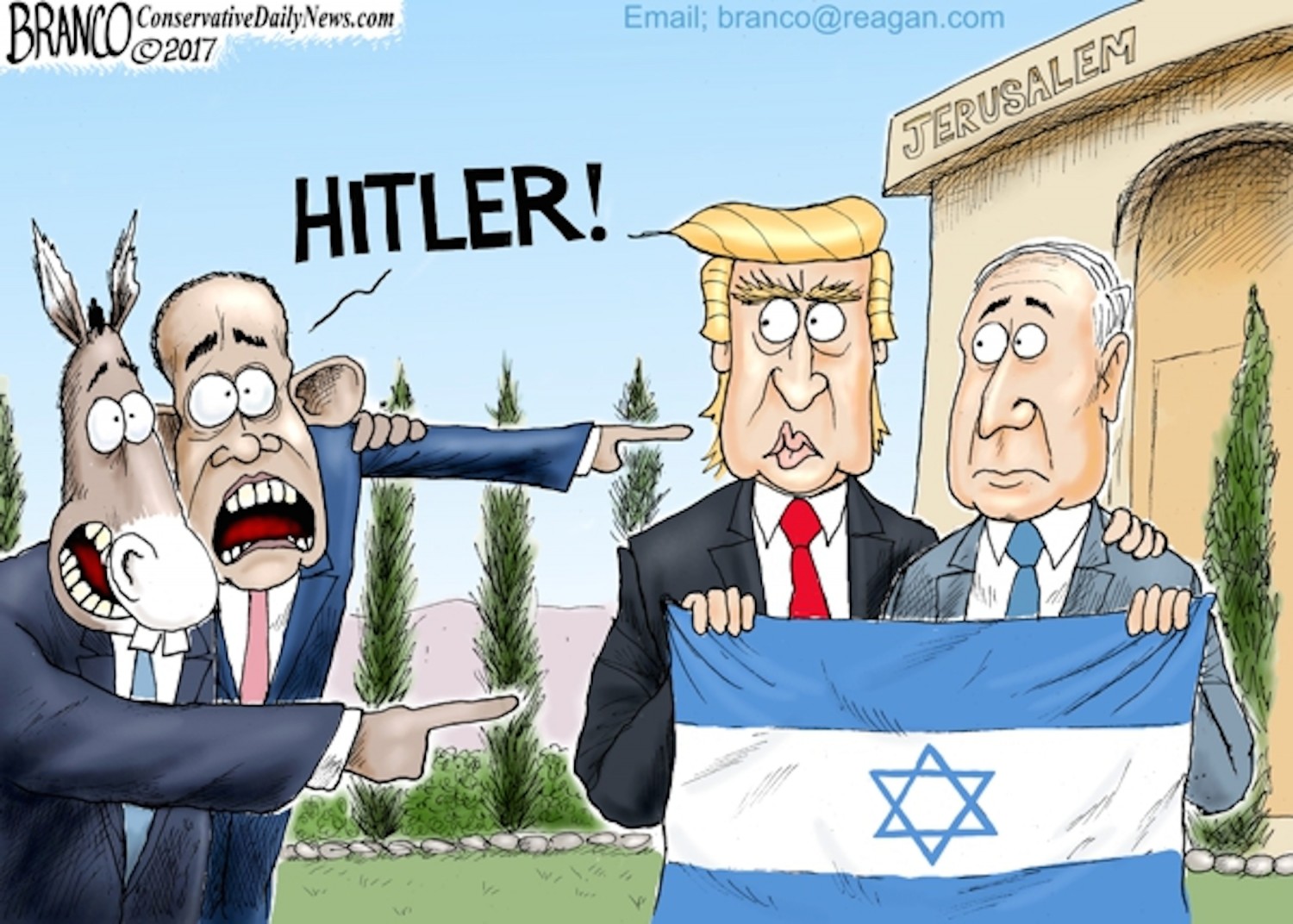|

Cheap Seats 2017Managing the Middle East - 12/13 
By Rich Trzupek
Perhaps someone knows how President Trump’s domestic policies and decisions will ultimately bear fruit, be it sweet or be it poisonous. I’m not savvy enough to offer a confident opinion. The continually record Dow Jones numbers and continually decreasing unemployment numbers suggest the Prez is doing something right, but economics are a complex field, so I’ll defer final judgement in this subject area for the time being.
That said, as a well-travelled fellow, I have no doubt that Trump is nailing it on the foreign-policy front. We are not always blessed with Chief Executives who understand that the President’s proper role in executing foreign policy is to set achievable goals and to then step back and let the professionals achieve those goals.
Presidents who have followed that formula, like Reagan, Truman and Polk were tremendously successful on the foreign-policy front. Presidents who let politically-based micro-management rule their particular roosts created more problems than they solved. Johnson, Nixon and Obama are classic examples of the latter.
Trump has clearly embraced the “let the professionals do their jobs” approach to foreign policy. A few examples:
1. The most important conflict in the Middle East is not Muslims vs. Jews, it’s Muslims vs. Muslims. Specifically Sunni Muslims vs. Shia Muslims. Up to now, American policy has basically broken down to attempting to walk an extremely dangerous fence separating the two versions of the religion.
The problem with this approach is that ignores the basic problem. The west doesn’t and shouldn’t care about who wins the Sunni vs. Shia contest. We should rather worry about: a) which faction is most influenced by the radical fundamentalist elements inherent to both, b) which faction includes the most and most influential anti-west, anti-sectarian rule elements, and c) which faction contains the most powerful elements determined to eliminate western ideals of secularized government.
It is extremely clear that the leading Shia state in the world, Iran, is – by far – the most radical, the most anti-west and has the greatest ability to impose significant harm on the west.
As but one example, ISIS was a Sunni invention: an attempt to impose the Sunni version of fundamentalist Islam on the rest of the world. Once President Trump gave our awesomely professional and powerful military forces the green light to take out ISIS – following a plan that President Obama approved but could not find it within himself to acutely step back and let his military execute – they did so in a virtual blink of an eye.
Trump has clearly and masterfully picked sides. Today, the United States officially and strongly supports friendly Sunni regimes that are willing to: a) step back a bit when dealing with Israel, and b) call out Iran and its fundamentalist allies and agents.
2. Capitalization. Donald Trump is not the first President to advocate moving the American Embassy in Israel from Tel Aviv to Jerusalem. He is rather the first President to fulfill that particular promise. Doing so sends a clear signal to the most radical Muslim elements in the Middle East: the United States has Israel’s back without reservation. It’s exactly the right sort of signal to send in a part of the world where threatening words are uttered so often that they are virtually meaningless, but where decisive action means everything.
3. Dealing with the Sauds. Having picked sides with the Sunnis, it was incumbent on the administration to get the most important Sunni state, Saudi Arabia, to start cleaning up their act. It cannot be proved, but I have no doubt that Trump’s real-politick approach to the Middle East has been the primary driver for the reforms that Saudi Crown Prince Mohammad bin Salman has begun to implement. Saudi Arabia is not, and never will be, governed by a secular democracy. But, moving that sheltered society closer to western ideals of freedom and liberty is a remarkable achievement.
4. Forcing Qatar to take sides. For far too long the ruling royal family in Qatar, the House of al Thani, has tried to have it both ways: officially supporting the US and our allies in fight against fundamentalist Islamic terrorism, while turning a blind eye to the financial support provided to terrorists by rich Qatari citizens. The other Sunni Gulf states continue to apply pressure on the al Thanis to crack down on the bad guys. It can be no coincidence that the Saudi-led coalition starting cracking down on Qatar only after Trump took office.
The Donald has had a remarkable stream of successes in this most volatile part of the world. Assuming that he continues to listen to the professionals advising him, I have little doubt that the situation will continue to improve.
E-mail: rich@examinerpublications.com
.
.
|